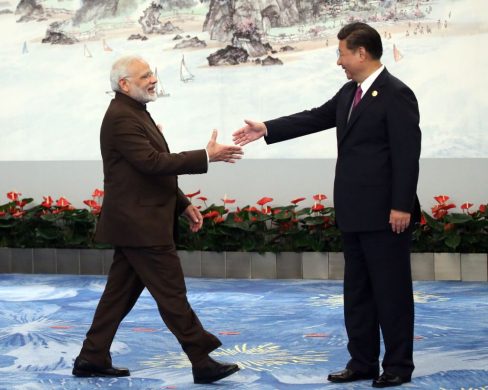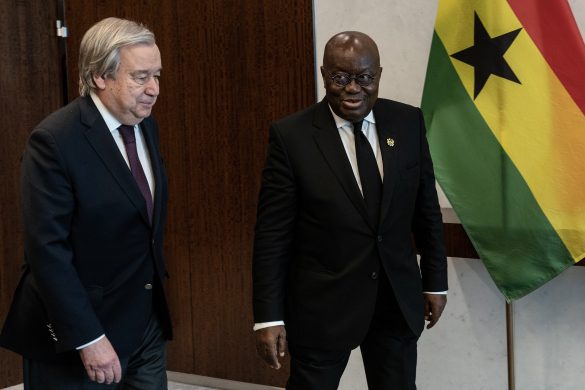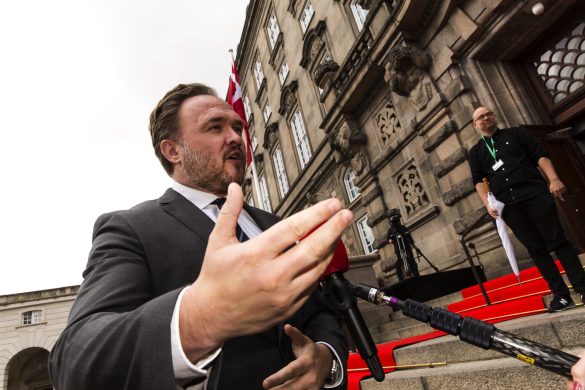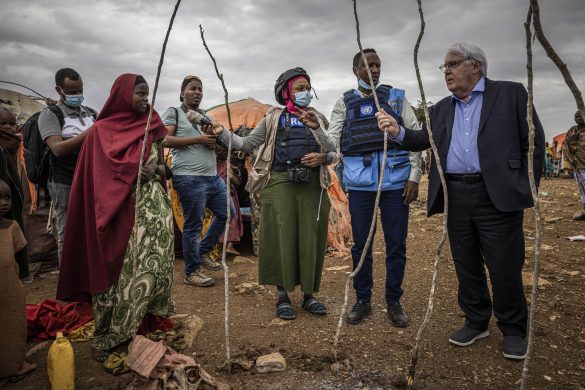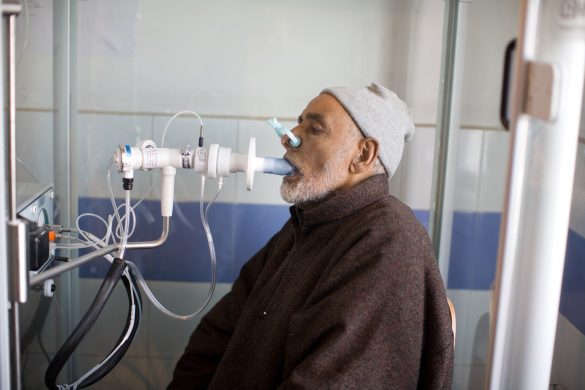GENEVA, January 13 (UNHCR): A microfinance services organization set up by Bangladeshi Nobel Peace laureate Muhammad Yunus has signed an agreement with UNHCR to help tens of thousands of forcibly displaced people set up their own businesses and become self-sufficient.
Under the memorandum of understanding (MoU) inked recently by Professor Yunus and UN High Commissioner for Refugees António Guterres, the Grameen Trust will set up programmes to provide micro-loans to displaced civilians, mainly refugees but also including some returnees and internally displaced people.
The three-year agreement covers possible cooperation in an initial 14 countries in Africa, America, Asia and Europe where the two organizations believe there is a demand for microfinance services to boost livelihoods. An initial joint feasibility study will be conducted early this year in three of these countries – Egypt, Tanzania and South Africa.
UNHCR and Grameen Trust staff will assess the number and profile of beneficiaries, while the project will also look at the rehabilitation or improvement of existing UNHCR microfinance activities. The Trust generally sets up programmes to provide seed or scaling up funding, based on an approach pioneered by the parent Grameen Bank and imitated worldwide.
Tangible results would include “direct access to Grameen Trust services for populations of concern . . . in existing Grameen Trust locations and in priority countries for UNHCR livelihood programmes,” the document said.
– The Grameen Bank and its network has given millions of poor people access to microcredit, noted Guterres, who first discussed a cooperation agreement with Prof Yunus in Geneva two years ago. – I believe the Grameen Trust can make a vital contribution towards refugee self-reliance and the promotion of sustainable livelihoods, he added.
Microfinance is important to UNHCR because, by allowing people to run their own businesses and learn new skills, it can help the displaced – especially women – become self-sufficient and also prepare them if they return home, integrate in a host country or start a new life in a resettlement country.
But despite the benefits it can bring, microfinance is not always considered in refugee operations. In some cases, the policies of host governments prevent refugee access to financial institutions. In others, the limited expertise of UNHCR and its partners in microfinance is a factor.
It is to overcome these and other limitations, that UNHCR has established partnerships with organizations like the Grameen Trust and the International Labour Organization.






